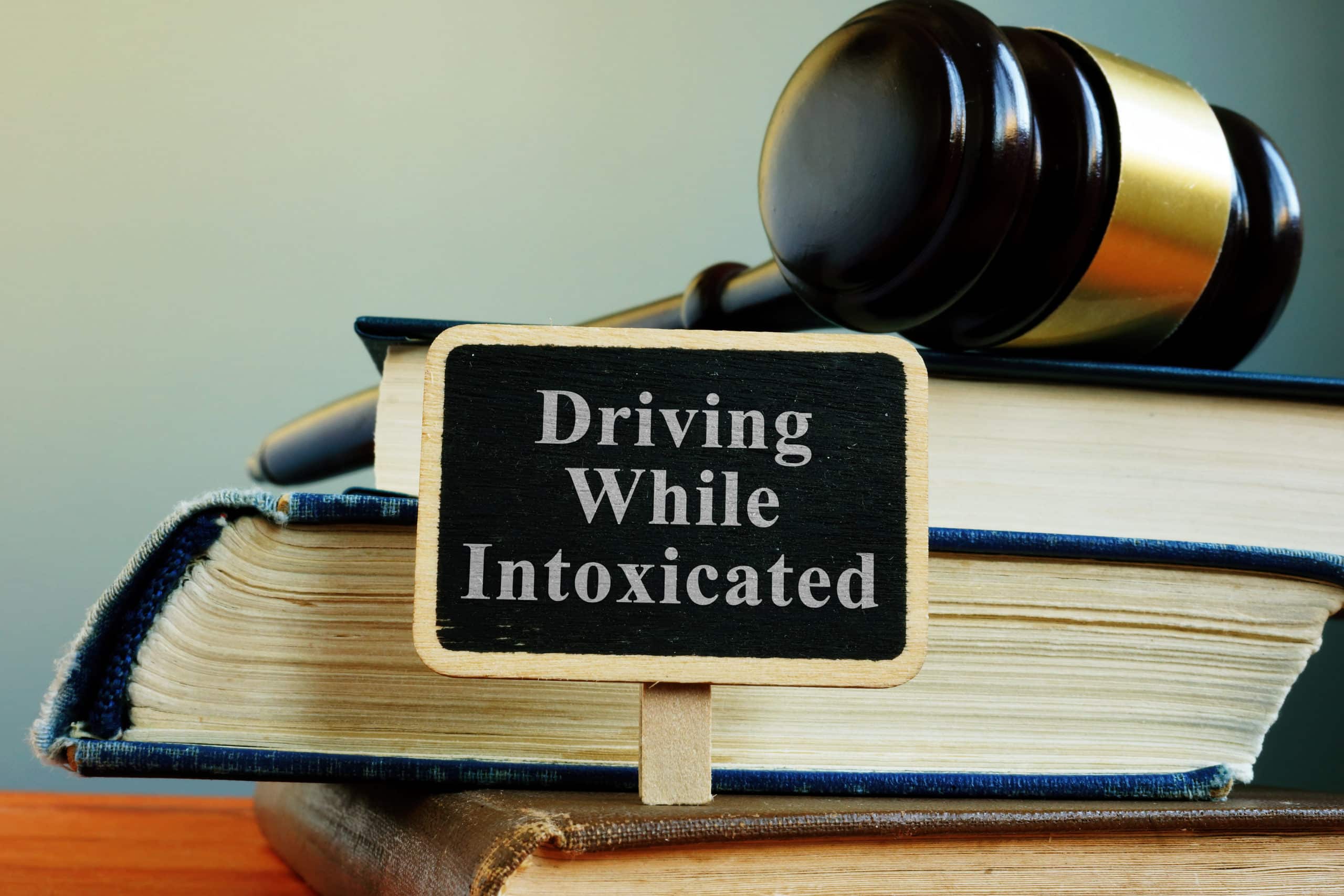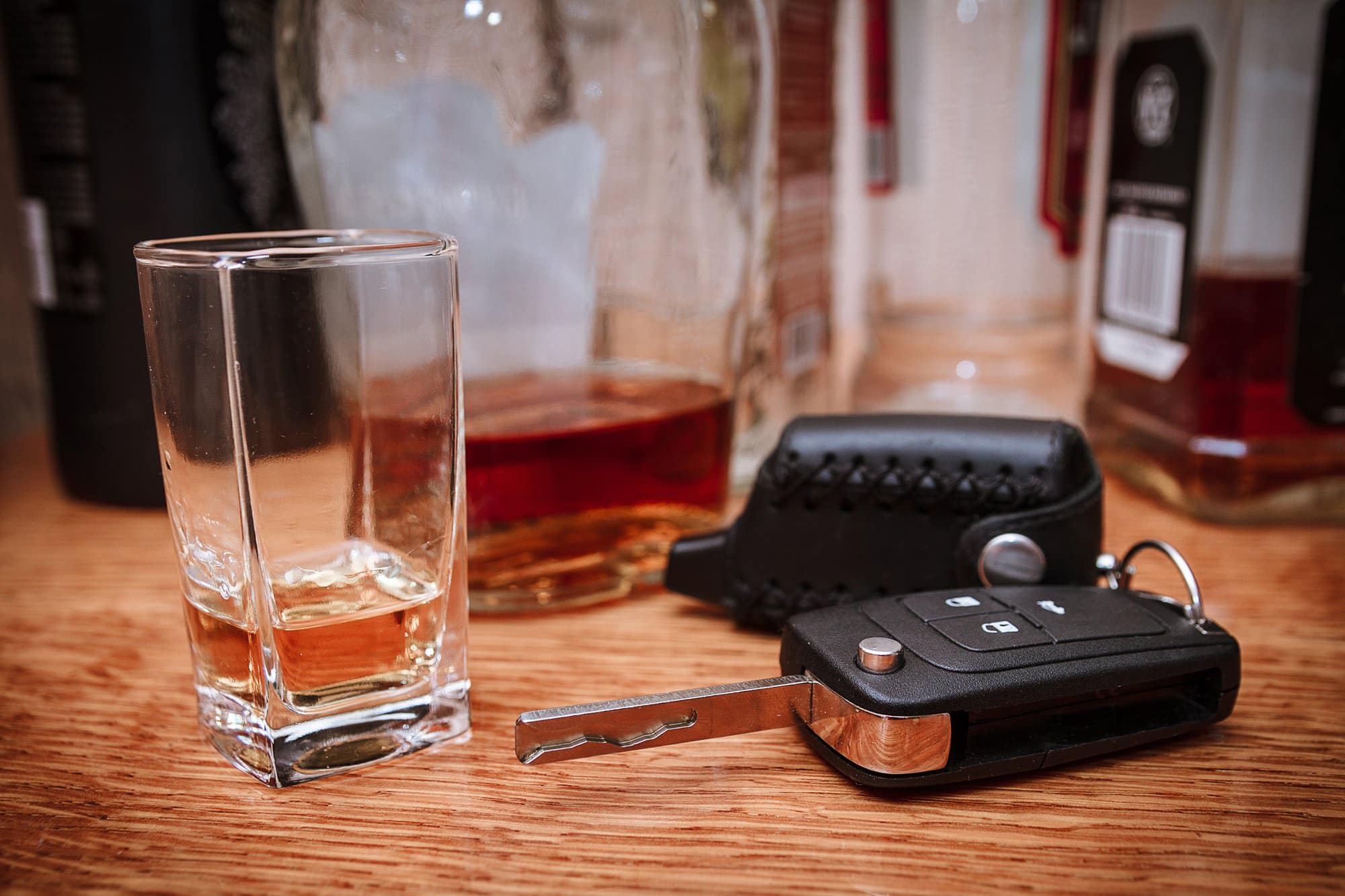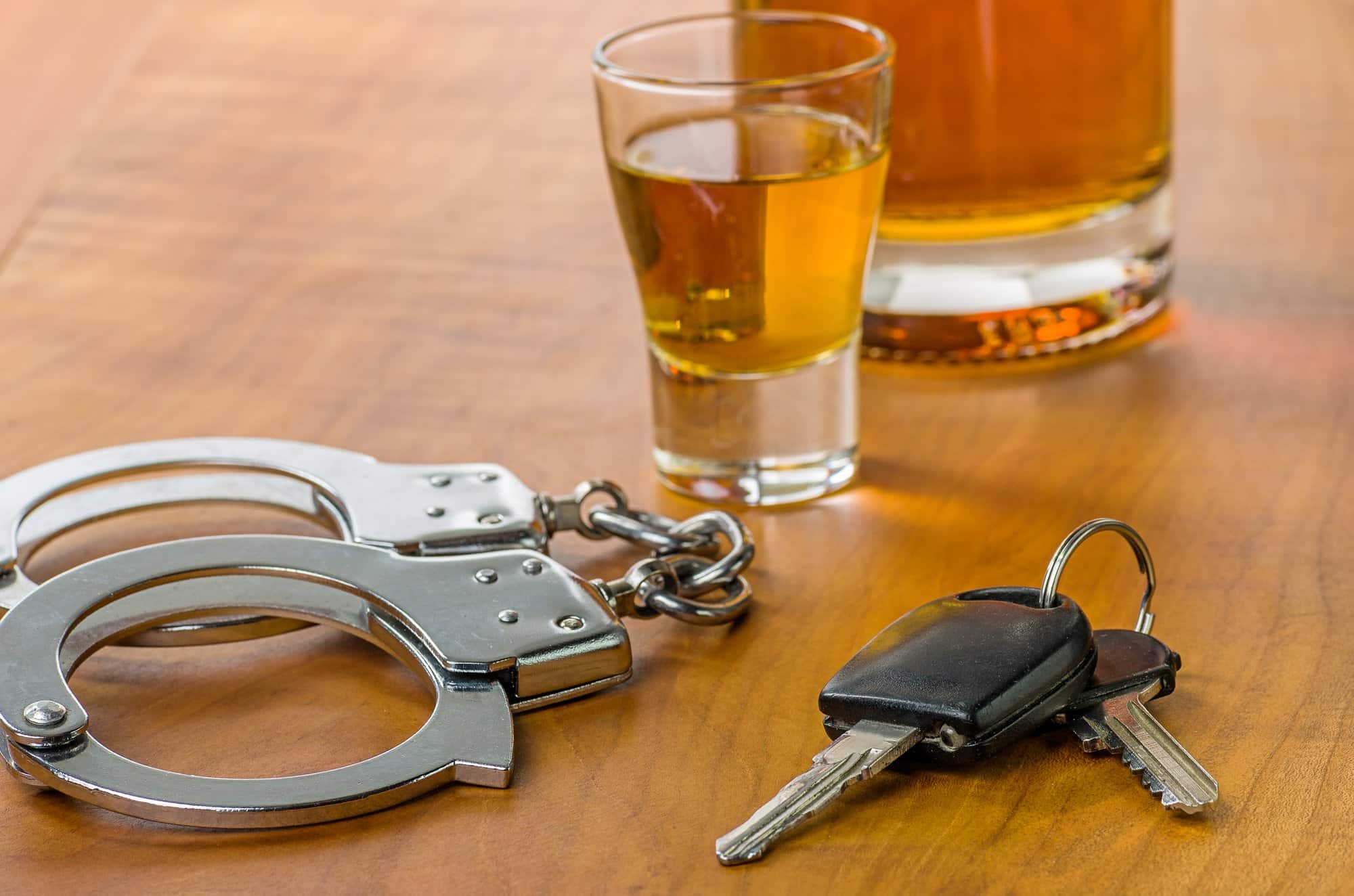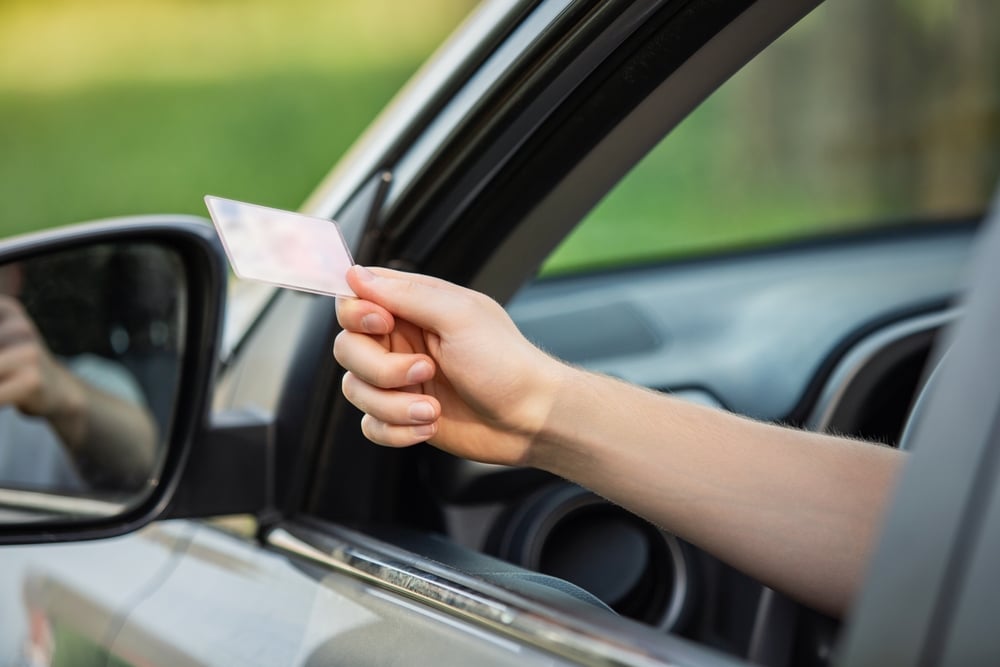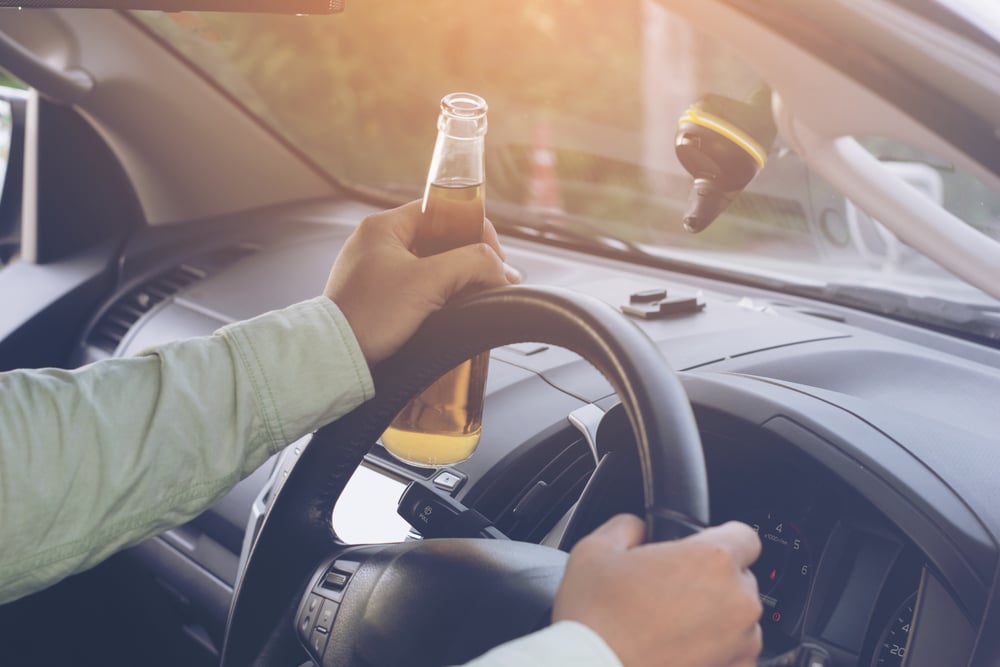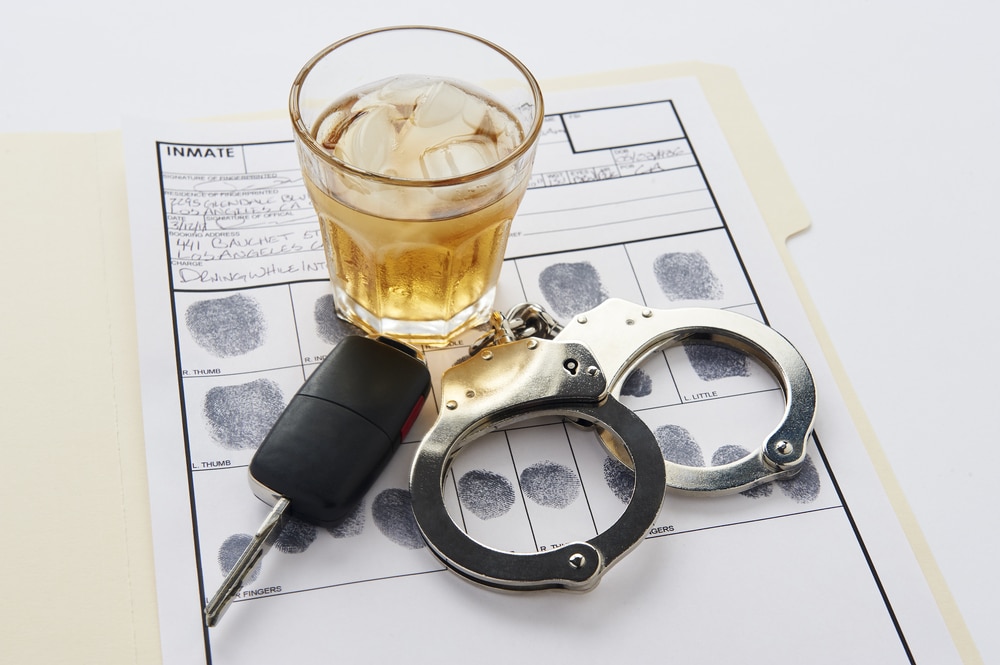Chemical tests play a major role in DWI cases. Critically, there are typically three tests used in New York DWI cases to determine an individual’s blood alcohol content: blood tests, breath tests, and urine tests. While portable breath tests are commonly administered during a traffic stop, these tools are used by police officers to ascertain whether the level of impairment justifies an arrest. The other types of tests — including breathalyzer tests — are generally administered at the police station.
What Happens if You Refuse a Chemical Test?
Since chemical tests can be used to secure a drunk driving conviction, many people might refuse to submit to one in the hopes that the lack of evidence will favor them at trial. However, it’s important to understand that refusing a chemical test can come with serious penalties, including a license revocation of 12 months. A second refusal within five years can lead to loss of license for 18 months. You can also incur a substantial monetary fine.
If you refuse to consent to provide a sample for a chemical test, you have the right to appear at a refusal hearing. This hearing is conducted by the New York State Department of Motor Vehicles within 15 days of the arrest and is separate from the court case. An administrative judge will review the facts of your case and the refusal to determine whether you have violated New York’s implied consent laws.
Are There Valid Reasons for Refusing a Chemical Test?
The officer who arrests you must clearly inform you that your license will be revoked if you refuse a chemical test. If they fail to do so, you may be able to have your license privileges restored — or the charges in your case may be dismissed. However, it’s important to understand that there are some circumstances under which you might have a valid reason for refusing to take a breathalyzer test. These can include the following:
- Improper or insufficient instructions regarding how to blow into the breathalyzer
- Medical conditions that can prevent you from providing enough air for an accurate test
- Denial of your Sixth Amendment right to counsel
As set forth in the holding of People v. Gursey, a defendant in a DWI case has a limited right to seek counsel before responding to a request for a chemical test. Police typically cannot prevent the accused from communicating with their lawyer, either in person or by telephone. If this right is violated, the scientific evidence from the chemical test may be suppressed.
How Can Chemical Tests Be Challenged in Court?
If a chemical test revealed that your BAC level was over the legal limit, an experienced criminal defense attorney will know how to challenge the results in court. As an initial matter, the arresting officer must have probable cause to stop your vehicle and administer the test. If probable cause cannot be established, the case may be dismissed.
A chemical test can also be challenged scientifically. These tests can be inaccurate and lack reliability due to a variety of factors, including improper testing procedures, improper calibration, timing, medications, and certain health conditions. Products such as mouthwash and chewing gum can also produce flawed results.
Additionally, if you are arrested for a DWI, you are placed in police custody. Before subjecting you to interrogation, police must read you your Miranda rights. Any evidence gathered in violation of these rights may result in the statements obtained being inadmissible in court.
Contact an Experienced New York Criminal Defense Attorney
If you’re facing DWI charges, it’s essential to have a DWI defense attorney on your side to protect your rights. The criminal defense attorneys at D’Emilia Law provide reliable representation and aggressive advocacy to those who have been arrested for DWI offenses and strive to obtain the best possible results in their cases. To schedule a consultation, contact us at 1-888-DEMILIA.

